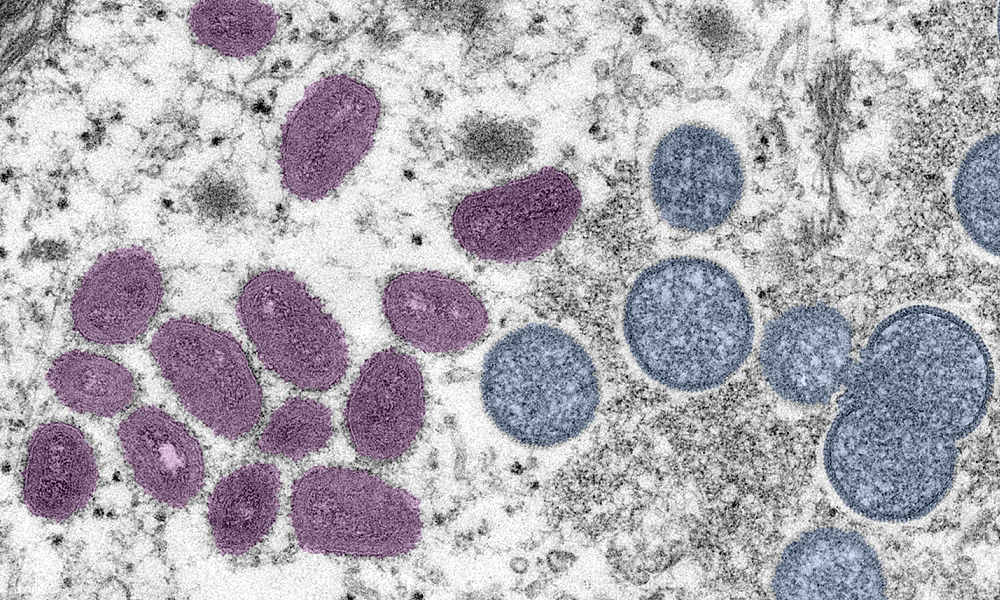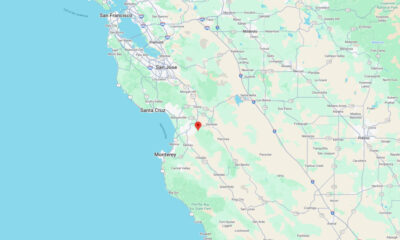World
Africa CDC declares mpox a public health emergency

Mpox has been declared a public health emergency in Africa as a deadlier strain of the infectious disease continues to spread, Africa CDC announced on Tuesday, just a day before a meeting of the World Health Organization.
It’s the first time the agency, which was founded in 2017, has declared a Public Health Emergency of Continental Security (PHECS). The move empowers Africa CDC to lead and coordinate the response and mobilize resources across the continent.
“Today, we declare this PHECS to mobilize our institutions, our collective will, and our resources to act – swiftly and decisively,” Africa CDC Director General Jean Kaseya said. “This empowers us to forge new partnerships, strengthen our health systems, educate our communities, and deliver life-saving interventions where they are needed most.”
Kaseya added: “This is not just another challenge; it’s a crisis that demands our collective action.”
The World Health Organization (WHO) declared mpox a Public Health Emergency of International Concern from May 2022 to July 2023. A WHO expert team will meet on Wednesday to consider issuing another health emergency in light of a new variant which appears to have a higher fatality rate and is spreading faster.
So far this year, at least 2,863 confirmed cases and more than 17,000 suspected cases have been reported across 13 African nations, including previously unaffected countries like Burundi, Kenya, Rwanda and Uganda. Many cases have been found in the Democratic Republic of the Congo. Out of the confirmed cases, at least 517 have died.
“This is just the tip of the iceberg when we consider the many weaknesses in surveillance, laboratory testing and contact tracing,” Africa CDC said in a statement.
Outbreaks of the mpox virus, which was previously known as monkeypox, have been reported in the DR Congo for decades but this year has been especially severe. Of particular concern is clade 1b, which is causing more severe disease compared to the variant which spread around the world in 2022.
Last week, the U.S. Centers for Disease Control and Prevention (CDC) called on clinicians across the U.S. to maintain a “heightened index of suspicion” for mpox in people who recently traveled to DR Congo or countries sharing its borders.
Several vaccines have already been approved for mpox but only few people have received them so far. WHO has triggered the process for Emergency Use Listing for two vaccines, which should accelerate access to them, particularly in lower-income countries.

-

 World1 week ago
World1 week agoEthiopian volcano erupts for first time in thousands of years
-

 Legal5 days ago
Legal5 days agoUtah Amber Alert: Jessika Francisco abducted by sex offender in Ogden
-

 US News4 days ago
US News4 days agoExplosion destroys home in Oakland, Maine; at least 1 injured
-

 Health4 days ago
Health4 days agoMexico’s September human bird flu case confirmed as H5N2
-

 World5 days ago
World5 days agoWoman killed, man seriously injured in shark attack on Australia’s NSW coast
-

 Legal19 hours ago
Legal19 hours ago15 people shot, 4 killed, at birthday party in Stockton, California
-

 Legal1 week ago
Legal1 week agoKnife-wielding man shot dead by police at St. Louis airport
-

 US News4 days ago
US News4 days agoEarthquakes rattle area between Salinas and Hollister, California




